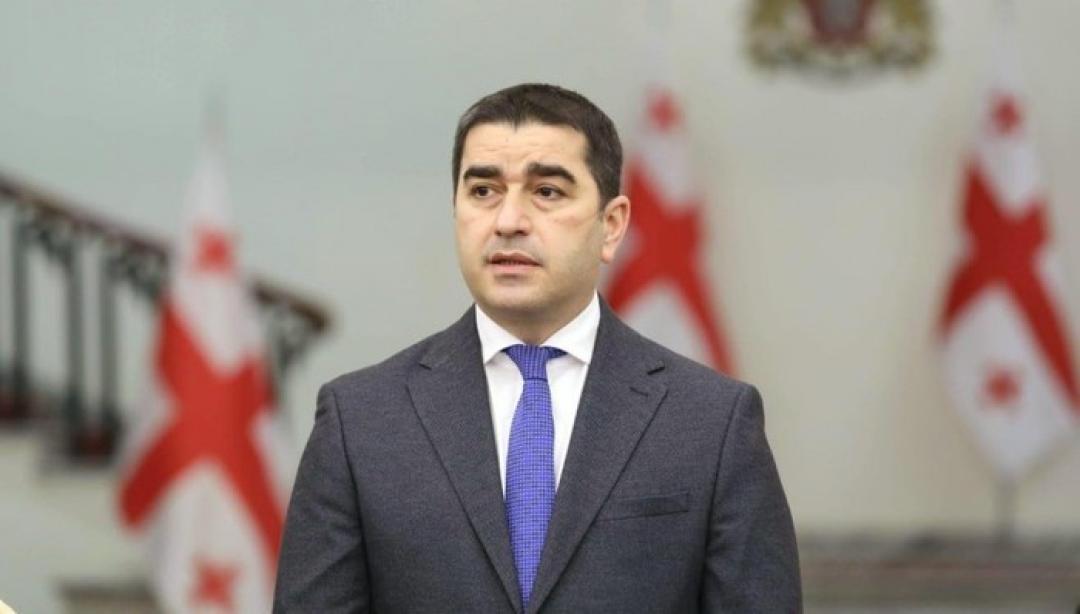
Georgian Parliament Speaker Blames NGOs and Opposition for Violence Surge

Speaking during a press conference at the office of the ruling Georgian Dream party following a meeting of the ruling majority on May 10, Georgian Parliament Speaker Shalva Papuashvili addressed the recent surge in attacks on government critics, attributing it to what he described as a 'spiral of violence' instigated by NGOs and the radical opposition.
Papuashvili accused foreign Embassies and donors of turning a blind eye to what he characterized as 'NGO-led violence' during ongoing rallies against the foreign agents law. According to Papuashvili, the roots of this spiral of violence stem from the collaboration between NGOs and the radical opposition. He alleged that these groups have been inciting violence, including by publishing lists of lawmakers who supported the foreign agents bill and exposing their contact information online, leading to threats. Papuashvili highlighted an incident where ruling party MP Mamuka Mdinaradze was physically attacked by MP Aleko Elisashvili during a committee hearing on April 15, claiming that 'half of the opposition' and journalists applauded the assault.
The Speaker reiterated his stance on the trend of condoning violence, pointing to previous instances, such as the president's pardon of Lazare Grigoriadis, who was convicted of attacking a policeman with a Molotov cocktail. He accused NGOs of orchestrating violence during ongoing rallies, including by urging demonstrators to blockade Parliament and confront police directly, resulting in clashes. Papuashvili criticized foreign Embassies and donors for not condemning these alleged acts.
Despite requests from several countries, including the Baltic countries, Germany, Poland, and Czechia, to meet with him during their upcoming visit to Georgia, Papuashvili declined, citing the ongoing parliamentary hearings on the foreign agents bill. He warned that such visits might be interpreted as encouragement for radical actions by the opposition. Additionally, Papuashvili revealed that one of the six protesters recently arrested for violence against police or property damage during protests was a Russian citizen, questioning their involvement in what he termed a so-called anti-Russian rally.'
See Also


Mirzoyan Meets US Deputy Assistant Secretary Joshua Huck

Azerbaijani President Holds Talks with UAE and German Business Delegations on Economic Cooperation

Grigoryan Confirms Armenia’s Readiness to Dissolve OSCE Minsk Group Upon Peace Treaty Signing

Azerbaijani Official Warns of Ecological Risks to Caspian Sea, Similar to Lake Urmia and Aral Sea

